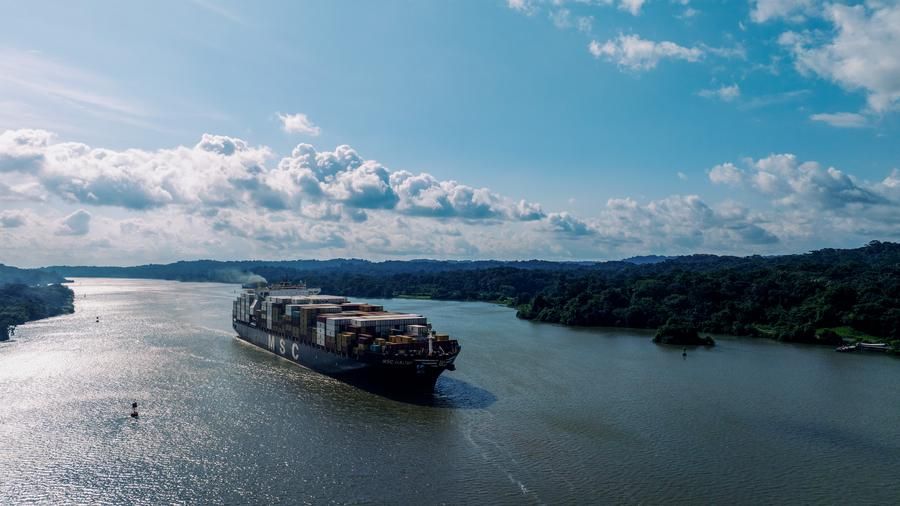Panama's President Rallies National Pride Amid US Threats to Retake Control of Canal

PANAMA CITY, Dec 26 (Xinhua) -- In response to recent threats made by U.S. President-elect Donald Trump to retake control of the Panama Canal, Panama's President Jose Raul Mulino has reaffirmed that the canal's sovereignty and independence are not up for debate.
In a statement posted on social media platform X, Mulino said, "Every Panamanian, here or anywhere in the world, carries it in their heart, and it is part of our history of struggle and irreversible conquest." The President's remarks come as tensions between Panama and the United States over the canal have escalated.
The threat by Trump to retake control of the Panama Canal comes at a time when the waterway is a crucial artery for international trade. However, Panama has long maintained that its sovereignty over the channel is "not negotiable".
Mulino's comments echo those of Panamanian historian Marixa Lasso, who wrote in her book "Erased: The Untold Story of the Panama Canal" that the U.S. had helped Panama gain independence from Colombia to secure the canal for American interests.
The U.S. has a long history of involvement with the Panama Canal, dating back to 1821 when Panama declared independence from Spain and became part of the Republic of Gran Colombia. However, the treaty granting the U.S. rights to construct the canal was rejected by Colombia's legislature over concerns about sovereignty.
U.S. President Theodore Roosevelt played a key role in securing American control of the canal through the Hay-Bunau-Varilla Treaty, which granted the U.S. "the use, occupation and control" of the canal zone in perpetuity for a modest payment. Construction of the Panama Canal began under U.S. control in 1904 and was completed in 1914.
The surrounding Panama Canal Zone operated as a "state within a state" under U.S. jurisdiction, with its own governor, administration, and military command. However, this period was marked by controversy over the forced relocation of indigenous residents, who were allegedly treated like criminals without compensation for their land.
Panamanian experts warn that any attempt by the U.S. to retake control of the canal could have serious implications for regional stability and the sovereignty of Panama as a nation.
